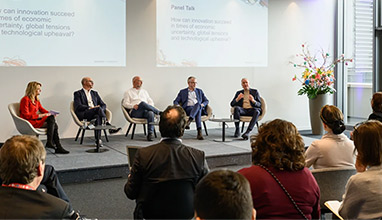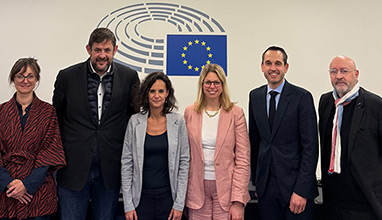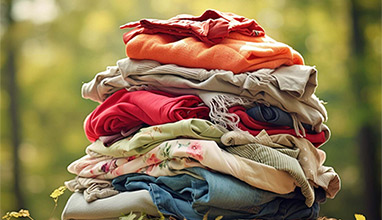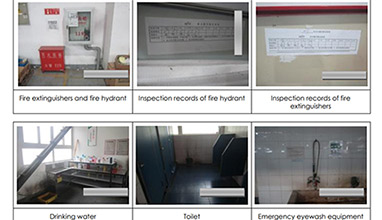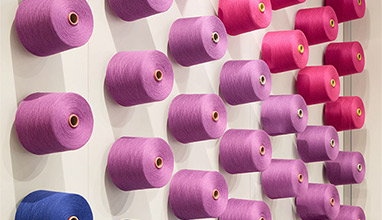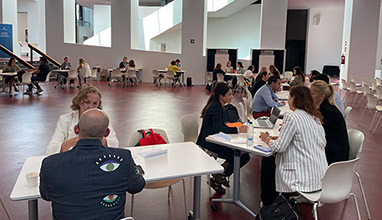The new dyeing plant of the Marchi & Fildi Group breaks down the consumption of water, energy and steam
The latest generation dyeing plant of Marchi & Fildi Group breaks down the consumptions of water, energy and steam. The methodology of the Life Cycle Assessment (LCA) carried out on the dyeing plant has quantified the energy savings and the reduction on the environmental impact.
The Marchi & Fildi Group recently communicated the results from the study LCA (Life Cycle Assessment) held by ICEA - Istituto per la Certificazione Etica ed Ambientale, to quantify the energy consumptions of the dyeing process on the plant located in Magnonevolo (Biella), Italy. This plant was totally refurbished in 2018 through an investment of 1,5 million euros, with the goal to get a dyeing mill with a lower environmental impact, both for the production of the whole Marchi & Fildi Group and for third parties.
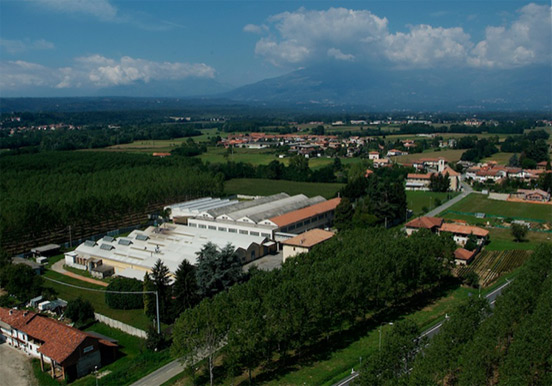
The Study puts in evidence the economy values related to the dyeing process of a type yarn (cotton in blend with noble fibers) which represents about 50% of the total production of the dyeing mill. This kind of product is considered to be expensive and with a high environmental impact, due to the high water and energy consumption. The analysis was carried out comparing the consumptions associated to a traditional 20-years-old dyeing plant with those of the new Marchi & Fildi system. The reduction of needs of energy and water is related to:
• Latest technology with machinery produced by the Company OBEM (located in Biella)
• Formula with chemical products and dyestuffs able to reduce the energy needs
The environmental benefits associated with this process for each kg of dyed yarn can be quantified on average as follows:
• Less 48% water: this water comes from deep groundwater and has a high pureness. After the dyeing process, it is depurated according to a protocol, which is stricter than the common European legislation and aligned with the ZDHC parameters
• Less 57% energy, from renewable and not renewable resources. The brand new plant contributes to this important parameter thanks to the reduction of energy needs up to 33%, while solar panels provide renewable
energy for the production processes
• Less 43% steam used to warm up the water
• Less 38% total consumption of resources used in the whole dyeing process
To give the idea of the total reduction of the environmental impact of the dyeing mill, the average consumption of water in one year is about 55 mln liters. Compared to 105 mln liters necessary for a traditional dyeing system,
the result is 50 million liters spared in one year.
About the annual gas consumption, the average economy is about 580.000 m3 per year. The plant needs about
770.000 m3 in one year, while a traditional plant would have a 1.350.000 m3 consumption.
“We started our way to the sustainability more than 20 years ago with the development of the ECOTEC®* technology. The benefits relative to this LCA Study are only the latest step that highlights the continuous commitment of our Group for the environmental protection” - this is the comment by Massimo Marchi, president of the Group Marchi & Fildi - Filidea. The latest generation dyeing plant breaks down the consumptions of water, energy and steam.
The methodology of the Life Cycle Assessment (LCA) carried out on the dyeing plant has quantified the energy savings and the reduction on the environmental impact.
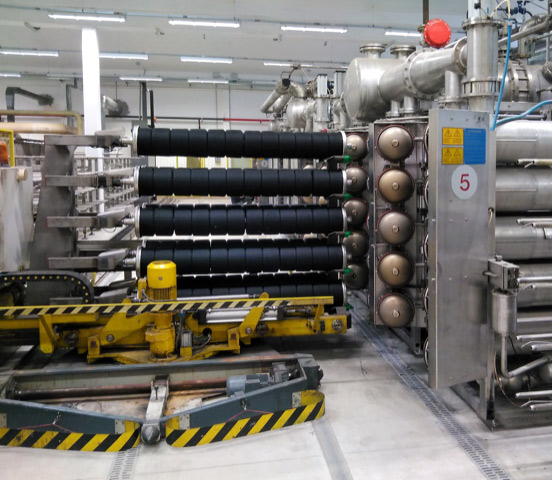
Marchi & Fildi SpA was founded in 2007, merging two influential Italian spinning mills: Filatura Marchi and Fildi, run from the entrepreneur families Marchi e Dissegna.
In 2008 Marchi & Fildi SpA and Abalıoğlu Holding A.Ş., belonging to the Turkish CSA Holding, established Filidea, a dynamic company that soon became an international leader in the field of technological and performing yarns
in blends with natural and man-made fibre, raw white and dyed.
The Group is focused on the production of worsted and carded yarns, home-textile, hosiery, weaving and
circular knitting with ringspun, corespun, sirospun, worsted and open-end technologies. The technical yarns
cover the major application fields: protective-wear, work-wear, home-textile, automotive, filtration, fashion and
taylor made products, trading and dyeing.
Marchi & Fildi is an international company with an annual turnover of over 65 million euros and an average annual growth rate of 9%.
* ECOTEC® is the innovative production process developed by Marchi & Fildi that creates new yarns upcycling pre and post consumer textile clippings and plastic bottles. All the yarns produced through the ECOTEC® process have a lower impact on the environment: less 46,9% energy consumption, less 46,6% CO2 emissions and less 61,6% use of water in the production.
Hits: 4019 | Leave a comment




